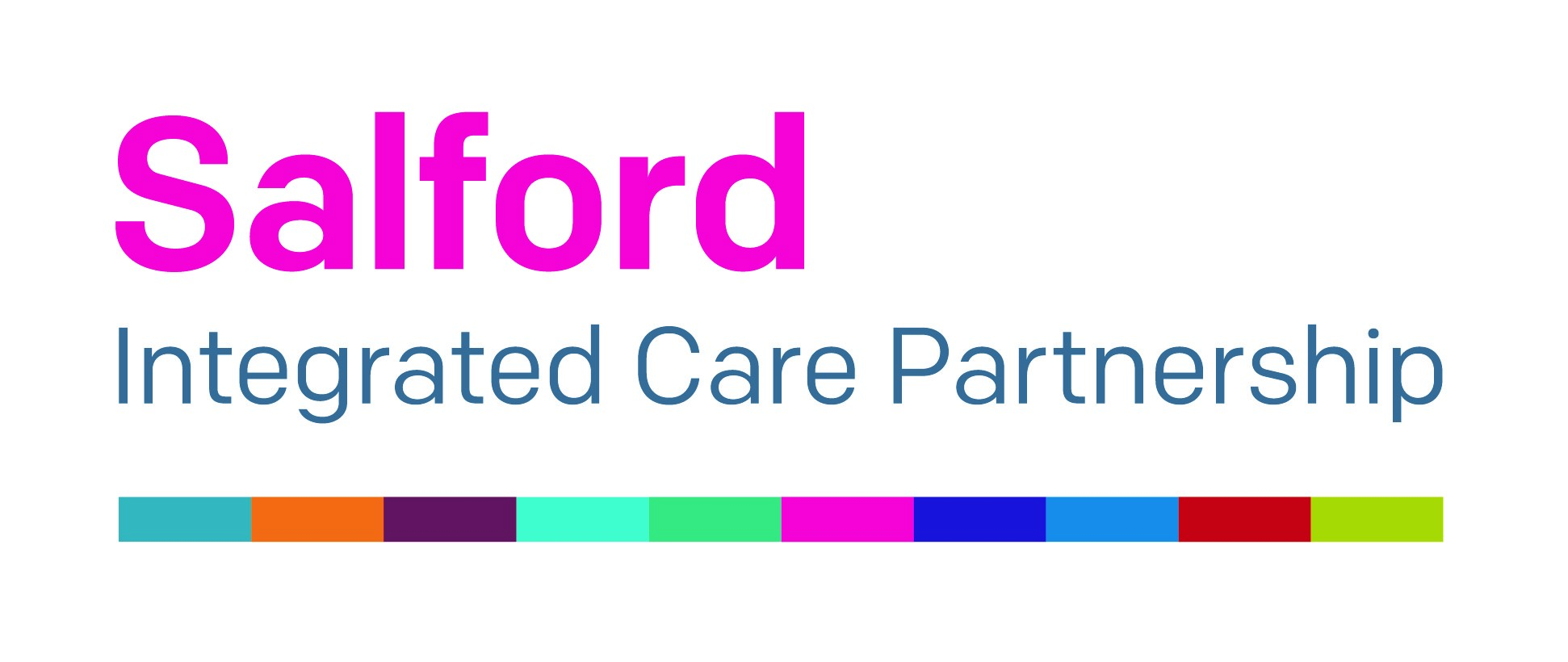5 - 7 Years
- At 5 - 7 years of age your child should be able to understand more complex instructions, and concepts such as first/last, same/different.
- They should be able to understand most types of questions.
- They should have started to understand jokes and humour.
- Their grammar is usually correct in spoken sentences, but may make occasional errors.
- They should be able to take part in a longer conversation: usually says things which are relevant to the conversation, and takes turns in speaking.
- They should be able to tell you about an event fairly clearly.
-
Their speech is clear and easy to understand.
-
Speech sounds being used at this age: r, v, th, consonant blends (i.e. 2 or more consonants together such as 'sp', or 'cl').
-
Common/ typical errors heard at this age: Rain becomes wain, van becomes ban.
Caregiving behaviours that support the milestone
-
Use open questions with lots of possible answers. “What are you going to play with today?”, “How do you think the character will solve the problem?”
-
Use new words in the context of play and activities.
-
Ask decontextualized questions about past and future activities, “What did you do at the park last week?”, “What will you do on your field trip next week?” Tell your child about things you did in the past and will do in the future.
-
Talk about sounds at the beginning of words and words that start with the same sound e.g. words beginning with ‘p’.
-
Ask your child if they can give possible solutions to problems, e.g. their favourite hat is missing.
Adapted from: EIF Early Intervention Framework with Input from National Literacy Trust and Royal College of Speech and Language Therapists


